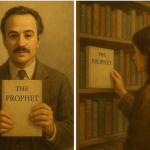Genius in Small Hands: The Chess Prodigy Who Stunned the World
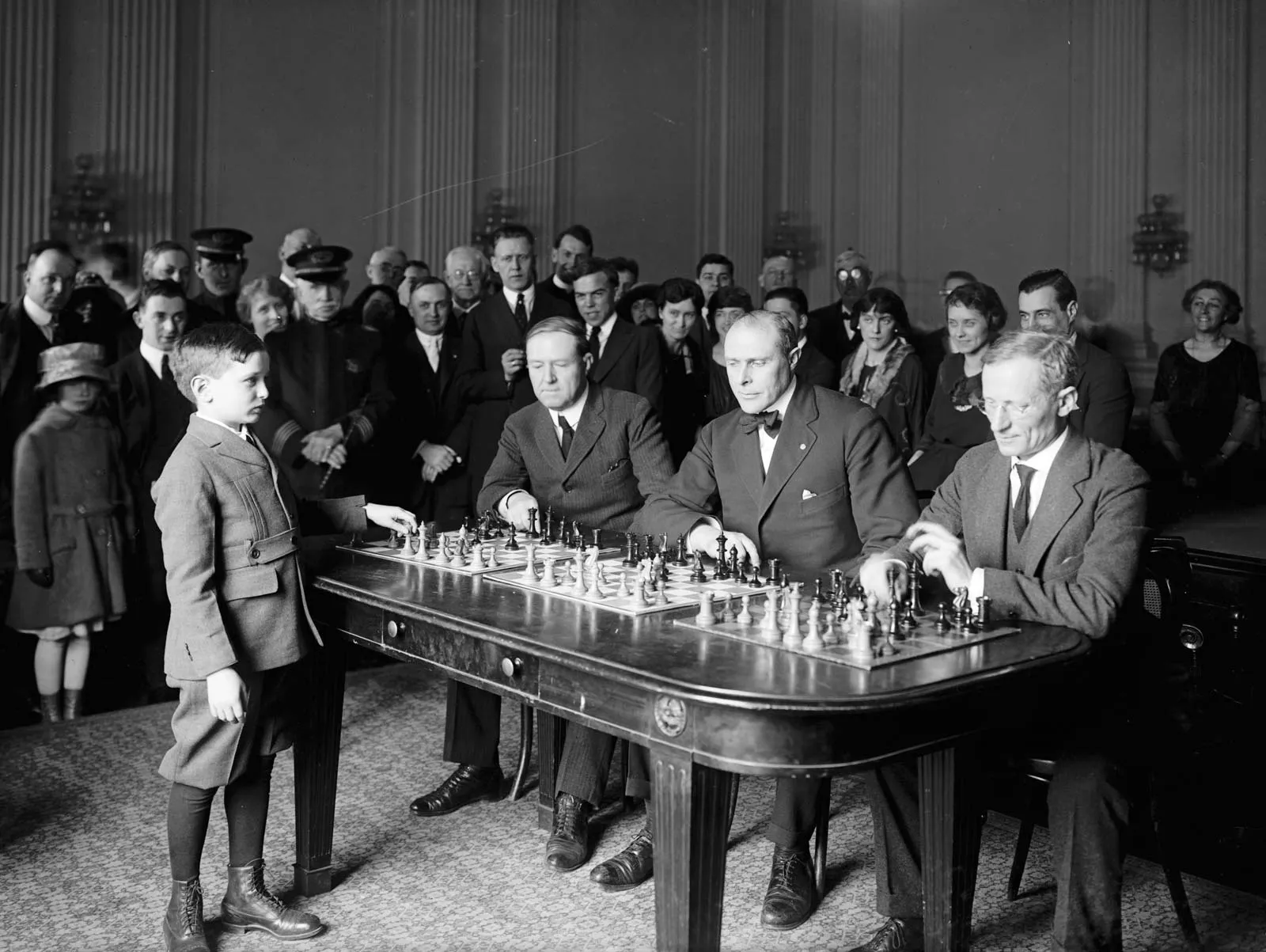
The story of Samuel Reshevsky left me in absolute awe. At just 8 years old, in the grand halls of 1920s Paris, he did something most adults couldn’t even dream of—he faced rows of chess masters, legends of the game, and beat them all. To imagine a child calmly walking between grandmasters, making moves with quiet confidence, is both humbling and deeply inspiring.
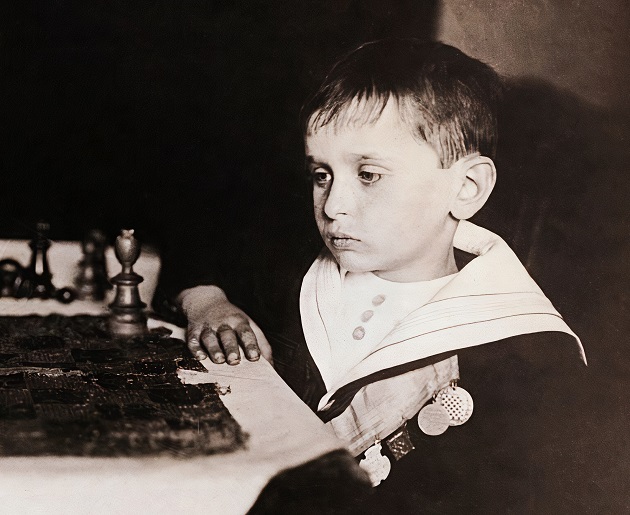
What struck me most was not just his talent, but the courage it must have taken. Standing across from grown men with years of experience, Samuel didn’t hesitate. His tiny hands moved the pieces with masterful precision, his mind reading the board like a story only he could understand. That kind of brilliance feels almost magical—and it reminds us how extraordinary the human mind can be, no matter the age.
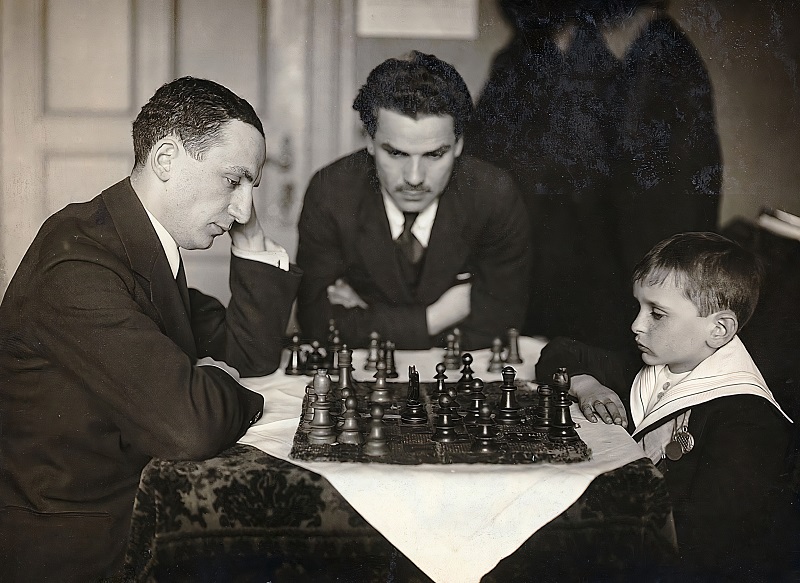
His victories weren’t just about chess—they were about potential. Samuel’s story proves that greatness isn’t something you grow into—it can already live inside you, waiting for a chance to shine. Watching him defeat names like Duchamp and Alekhine was like seeing a child rewrite the rules of possibility. It’s a powerful reminder that we should never underestimate the young.
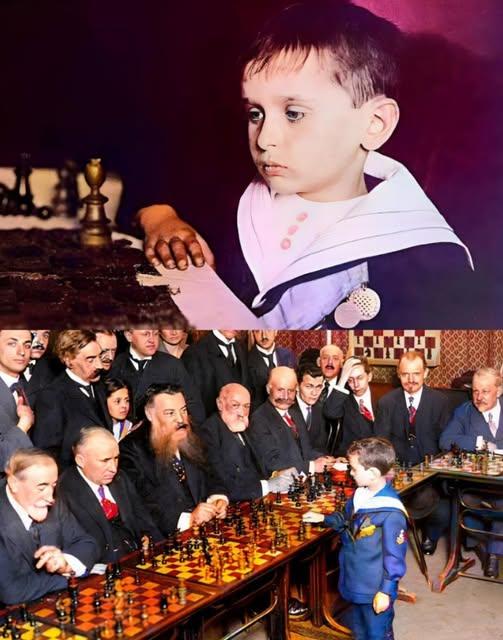
Samuel went on to become one of the greatest players in the history of chess, but it’s that moment—as a small boy outsmarting the masters—that continues to echo through time. His legacy isn’t just his wins, but the way he made the world believe in the limitless power of a young mind.

